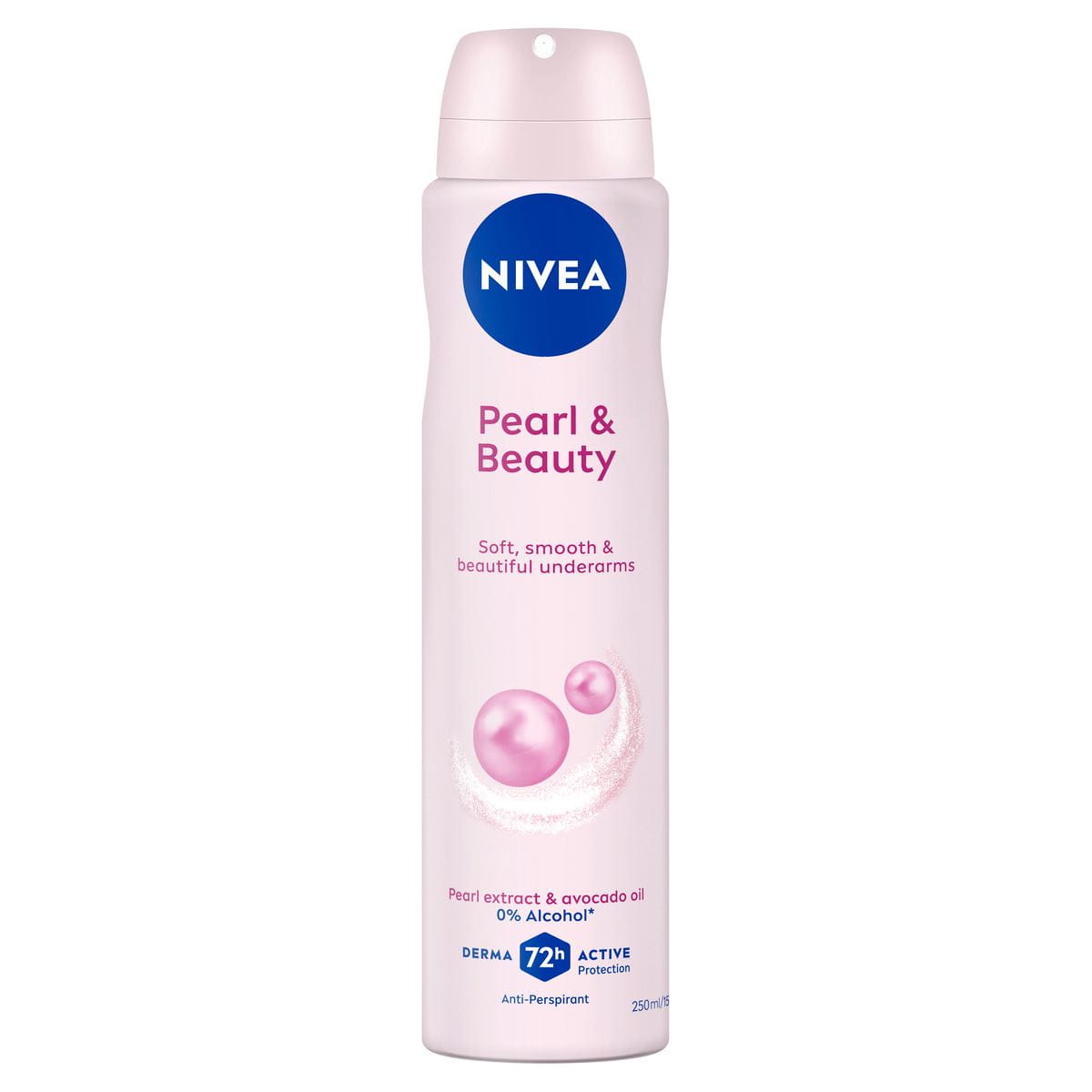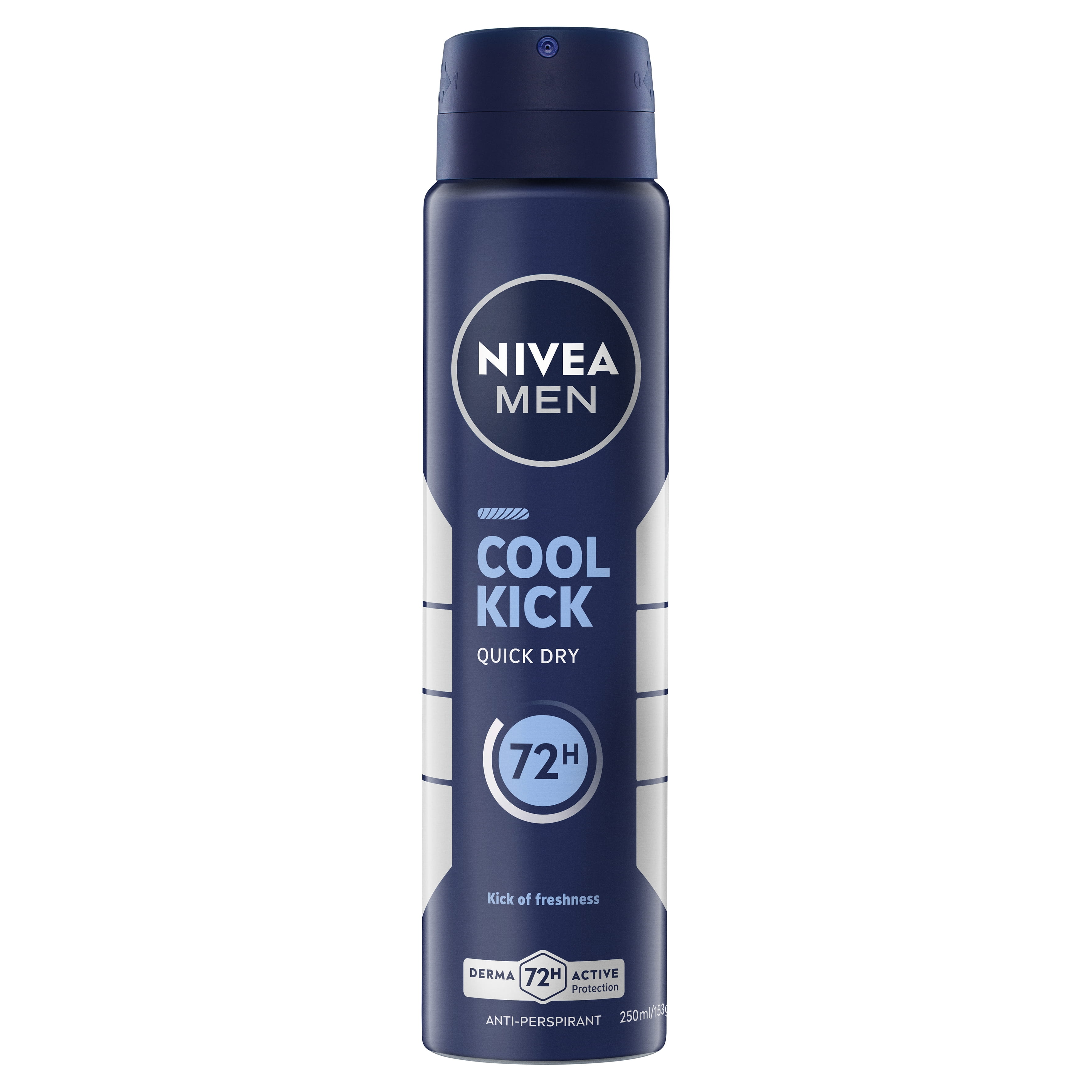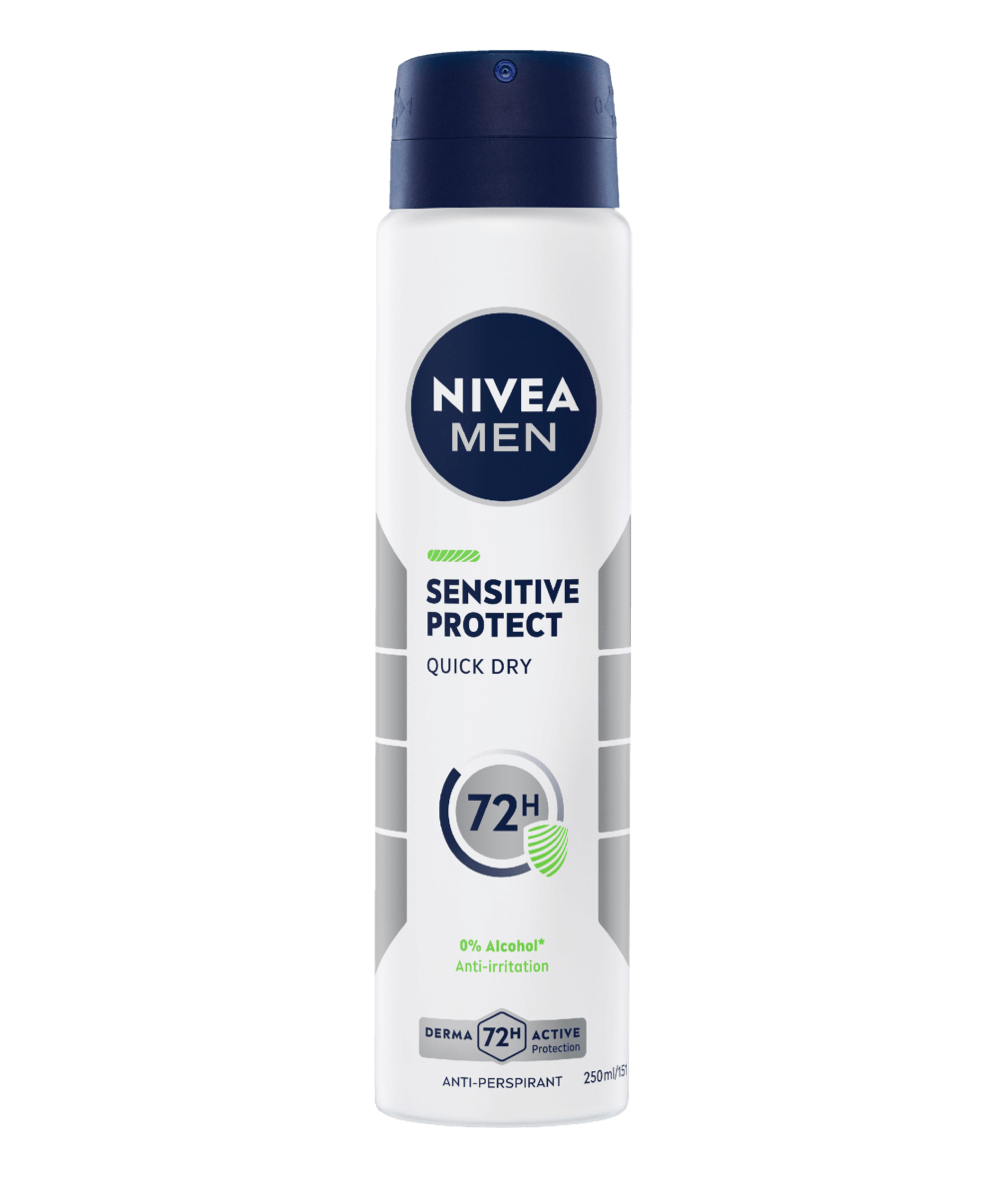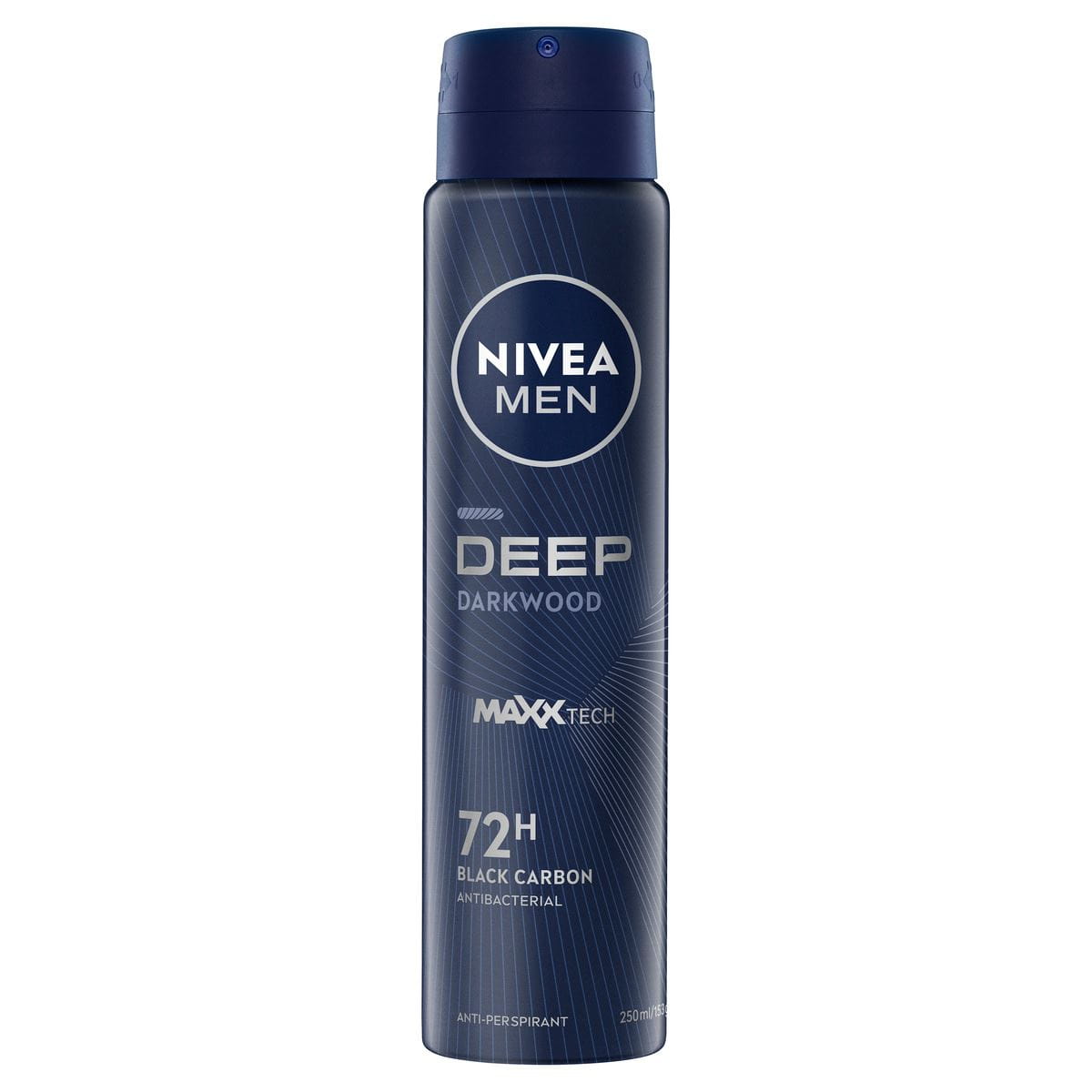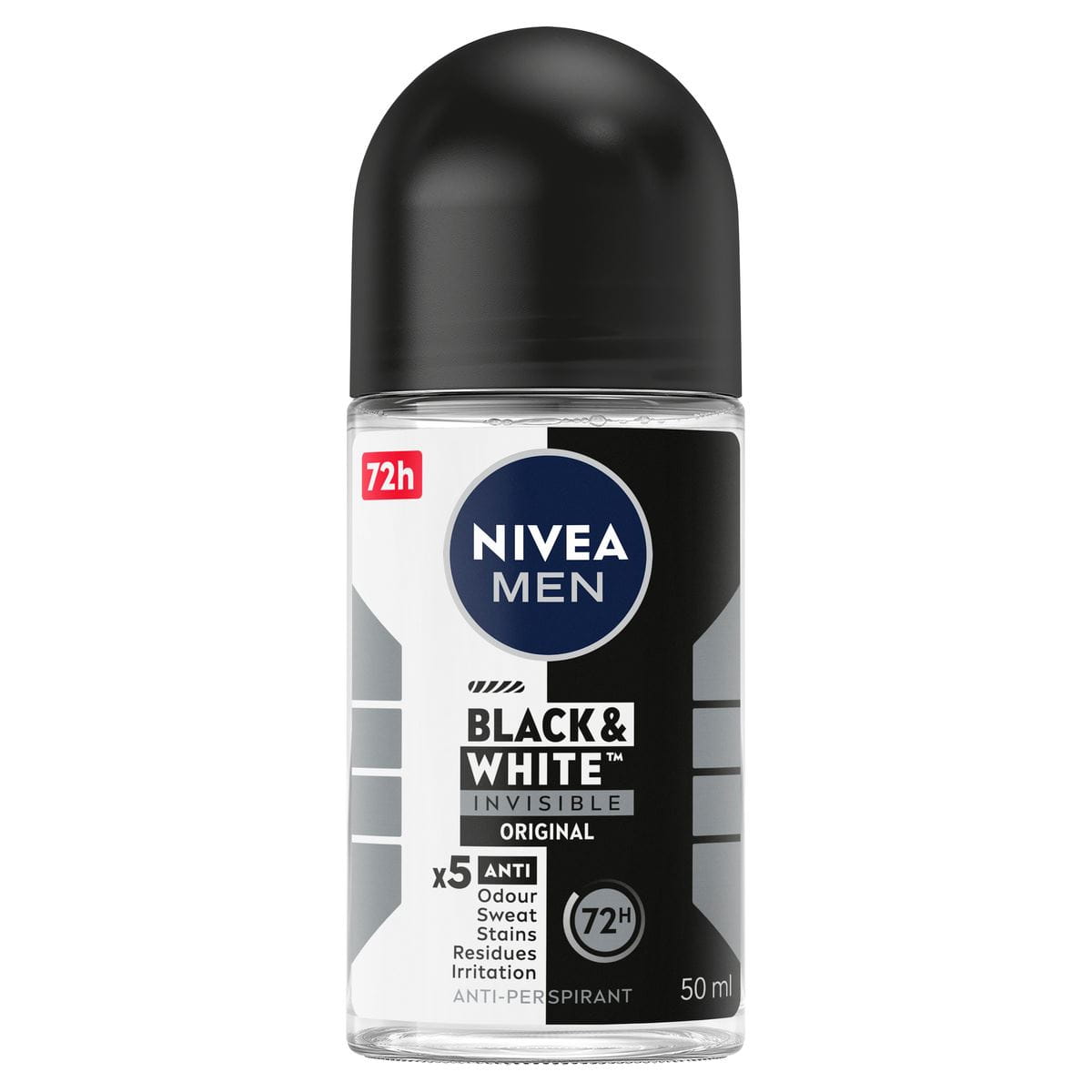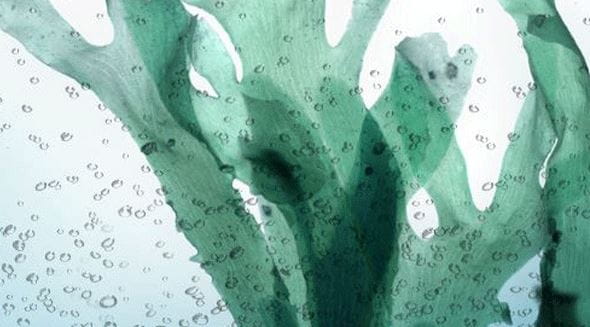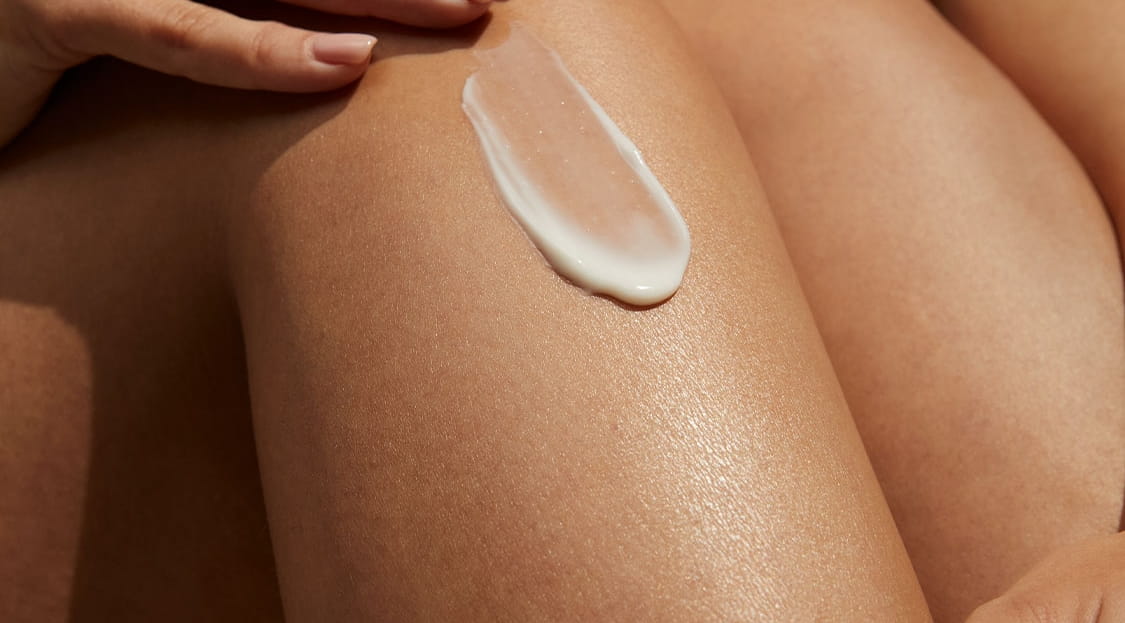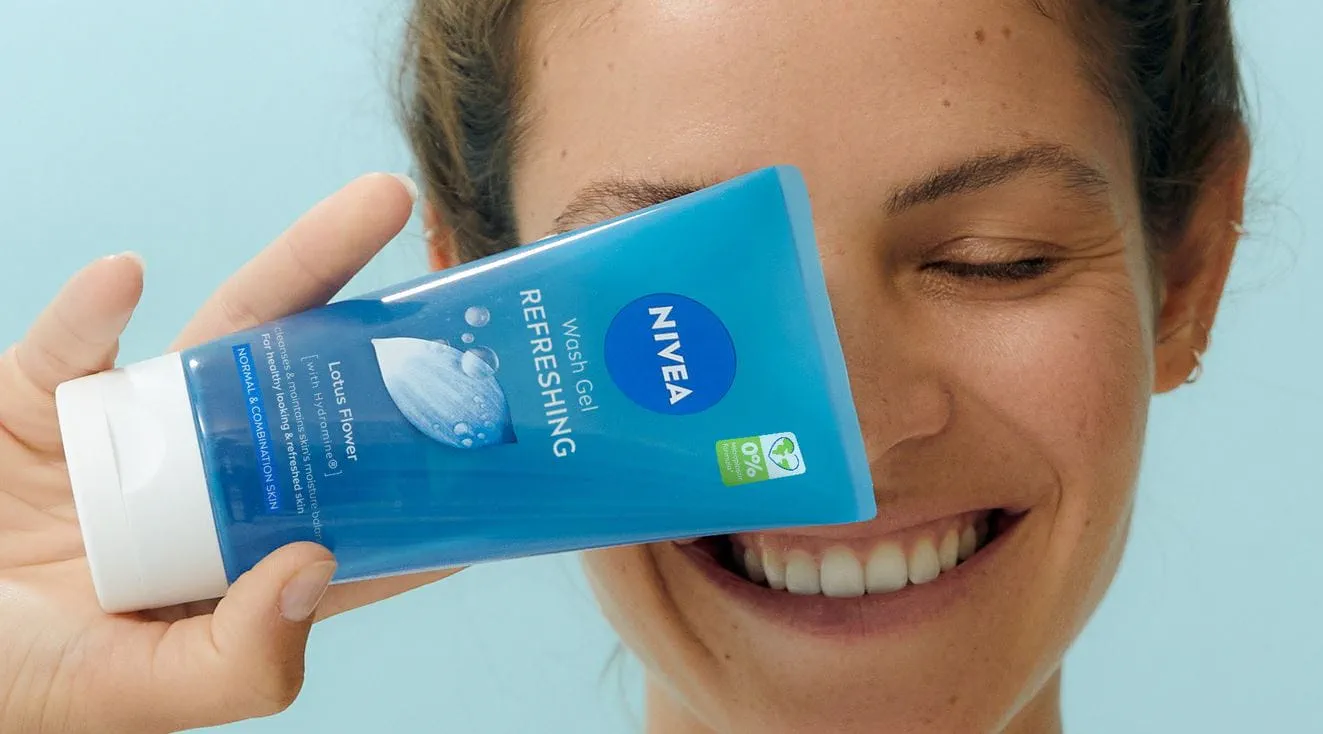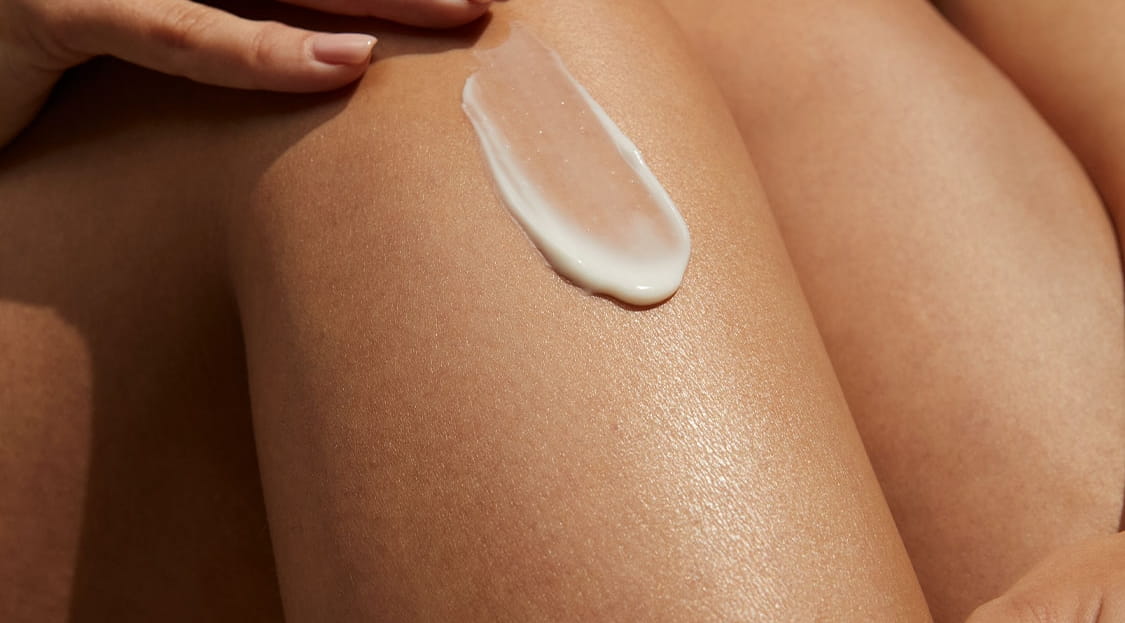
WHAT CAUSES EXCESSIVE SWEATING?
Sweating is essential for the body, but excessive sweating can leave you feeling uncomfortable and nervous. Excessive sweating refers to levels of sweating that make daily activities difficult.
COMMON CAUSES OF EXCESSIVE SWEATING
Excessive sweating is commonly caused by stress. Having an excessive amount of sweat can disrupt your day-to-day life and cause crippling anxiety and embarrassment. Some people even avoid certain social or work events because they’re worried they’ll get too stressed or nervous and sweat to an embarrassing degree.
Two other factors are genetic make-up or an underlying medical condition. If excessive sweating has no underlying medical cause, it simply means that the nerves responsible for triggering your sweat glands are overactive and prompt sweat production even when it's not needed. It’s important to see a qualified physician to receive an accurate assessment before you can rule out any underlying medical conditions, such as diabetes, malaria, menopause or obesity.


